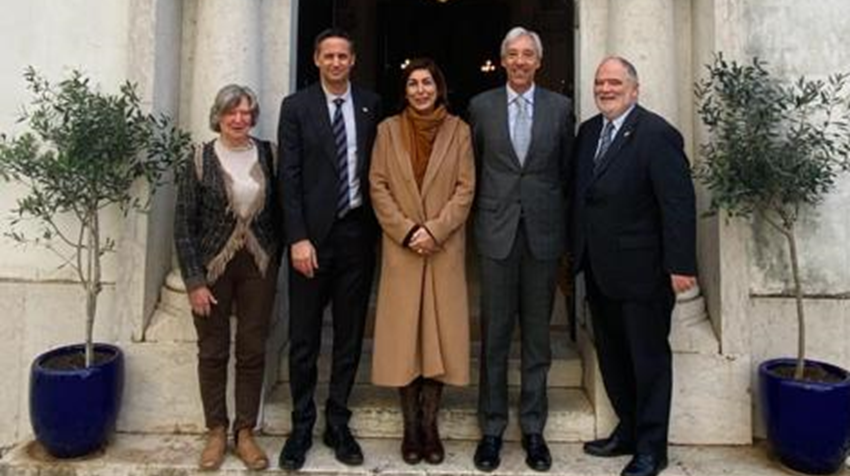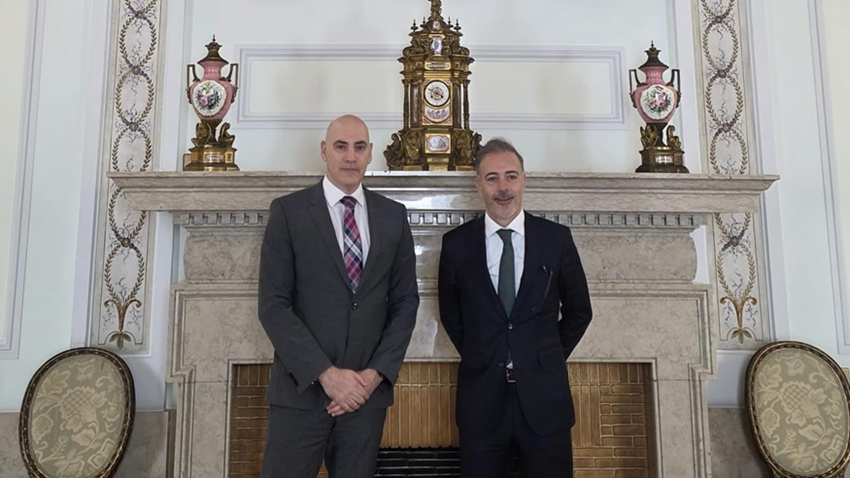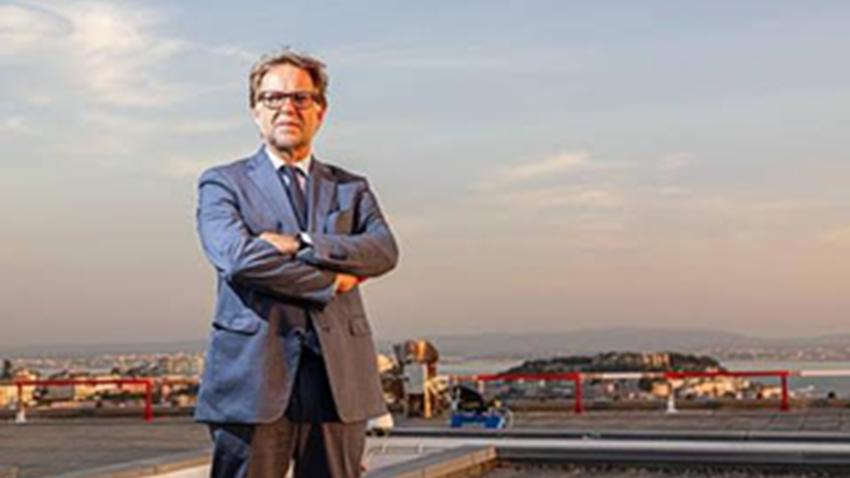Yesterday, Wednesday, January 31st, the Shaaré Tikvah synagogue in Lisbon received a very special visit from two members of the government still in office. The minister of foreign affairs Gomes Cravinho and the minister of parliamentary affairs Ana Mendes were accompanied by the Israeli ambassador in Lisbon, Dor Shapira.
The very friendly visit served to show a supposed commitment of the government to promoting Jewish life and combating antisemitism. The European Strategy sets out a series of measures articulated around three pillars: to prevent all forms of antisemitism; to protect and foster Jewish life; and to promote research, education and Holocaust remembrance.
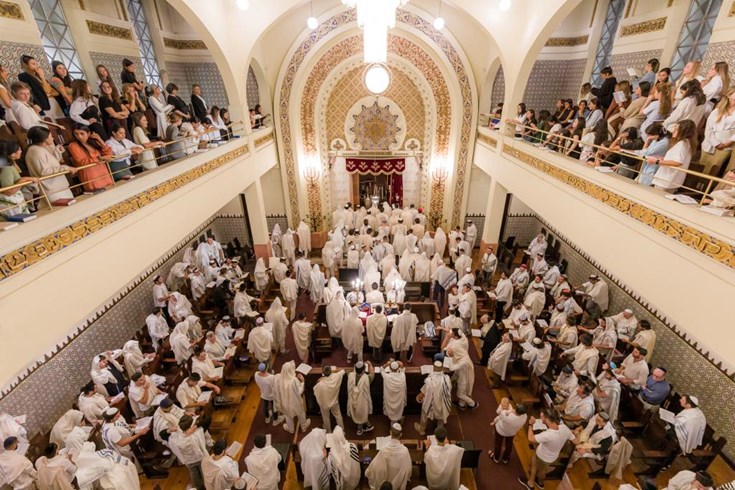
Kadoorie Mekor Haim
The Strategy is implemented until 2030. About 38% of Jews have considered emigrating because they do not feel safe as Jews in the EU. To ensure that Jews feel safe and can participate fully in European life, the Commission provides funding to promote Jewish life and better protect public spaces and places of worship. Member States are also encouraged to make use of Europol's support regarding counter antisemitism activities, both online and offline.

Film “1506 - The Lisbon Genocide”
This strategy is the EU's commitment to a future for Jewish life in Europe and beyond. It marks the Commission's political engagement for a European Union free from antisemitism and any form of discrimination, for an open, inclusive and equal society.
To foster Jewish life, the Commission is trying to take measures to raise awareness around Jewish life, religion, culture and traditions, and to promote education on the Holocaust. Currently, one European in 20 has never heard of the Holocaust, so the Commission supports the creation of a network of places where the Holocaust happened.

Oporto Holocaust Museum
The Commission invited the European Parliament and the Council to support the implementation of the strategy and will publish comprehensive implementation reports in 2024 and 2029. Member States have already committed to preventing and fighting all forms of antisemitism through new national strategies or measures under existing national strategies.
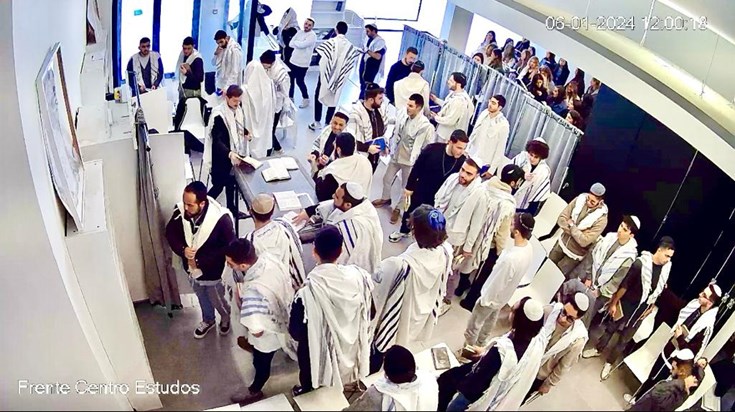
Kadoorie Mekor Sincha
Following the Fundamental Rights Colloquium on antisemitism, in 2015, the Commission appointed its first-ever Coordinator on combating antisemitism and fostering Jewish life. In June 2017, the European Parliament adopted a resolution on combating antisemitism. In December 2018, the Council adopted a Declaration on the fight against antisemitism.
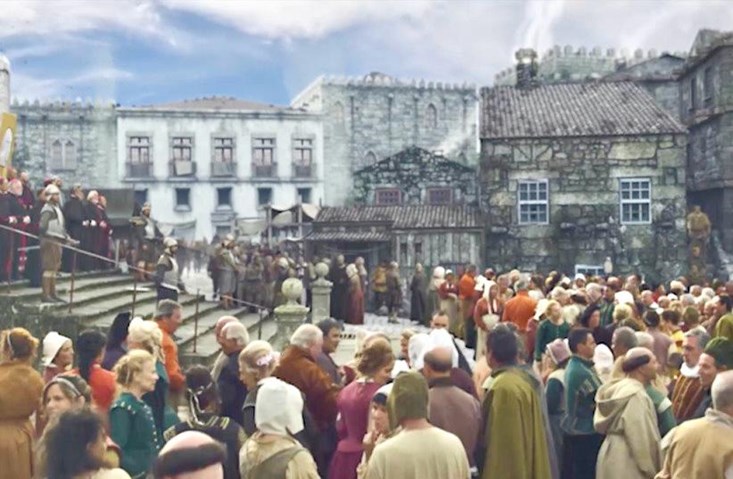
Film “1618”
Also in December 2020, the fight against antisemitism became part of the portfolio of the Commission Vice-President for Promoting our European Way of Life, signalling the intention to address it as a crosscutting priority. The Council adopted a further Declaration centered on mainstreaming the fight against antisemitism across policy areas.
Many of the policy areas linked to combating antisemitism are primarily national responsibilities. However, the EU has an important role in providing policy guidance, coordinating actions by Member States, monitoring implementation and progress, providing support via EU funds, and promoting the exchange of good practice between Member States.
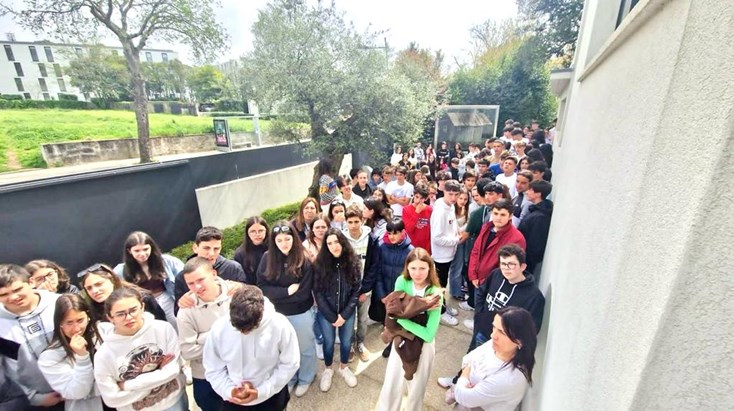
Oporto Jewish Museum
The strategy is described as the first ever of its kind, with a clear commitment and comprehensive response in EU’s fight against antisemitism, which continues not only to be a burden of the past, but also a present, dreadful threat in today's Europe. To this end, the Commission made its ad hoc Working Group on combating antisemitism into a permanent structure, bringing together Member States and Jewish communities.

Kadoorie Mekor Achdut
An issue that worries the Jewish communities in the EU but which is not directly addressed in the strategy is the future of ritual slaughter (schechita). The strategy mentions that it is part of Jewish religious life and refers to the recent ruling of the European Court of Justice, which upheld a Belgian ban on animal slaughter without stunning for Jews and Muslims. The court acknowledged that member states may adopt different rules based on the domestic context by striking a fair balance between respect for the freedom to manifest religion and the protection of animal welfare.
Despite the long-standing presence of Jews in Europe, people have not enough knowledge of Jewish life, traditions and Judaism. To highlight Jewish heritage, the Commission will invite cities applying for the title of European Capital of Culture to address the history of their minorities, including Jewish community history.

Film “Sefarad”
In the last decade, Portugal has seen a remarkable renaissance of Jewish life and culture, especially in Oporto and Cascais, with full synagogues, full museums, full restaurants, history films and all the conditions for practicing Jewish life.































